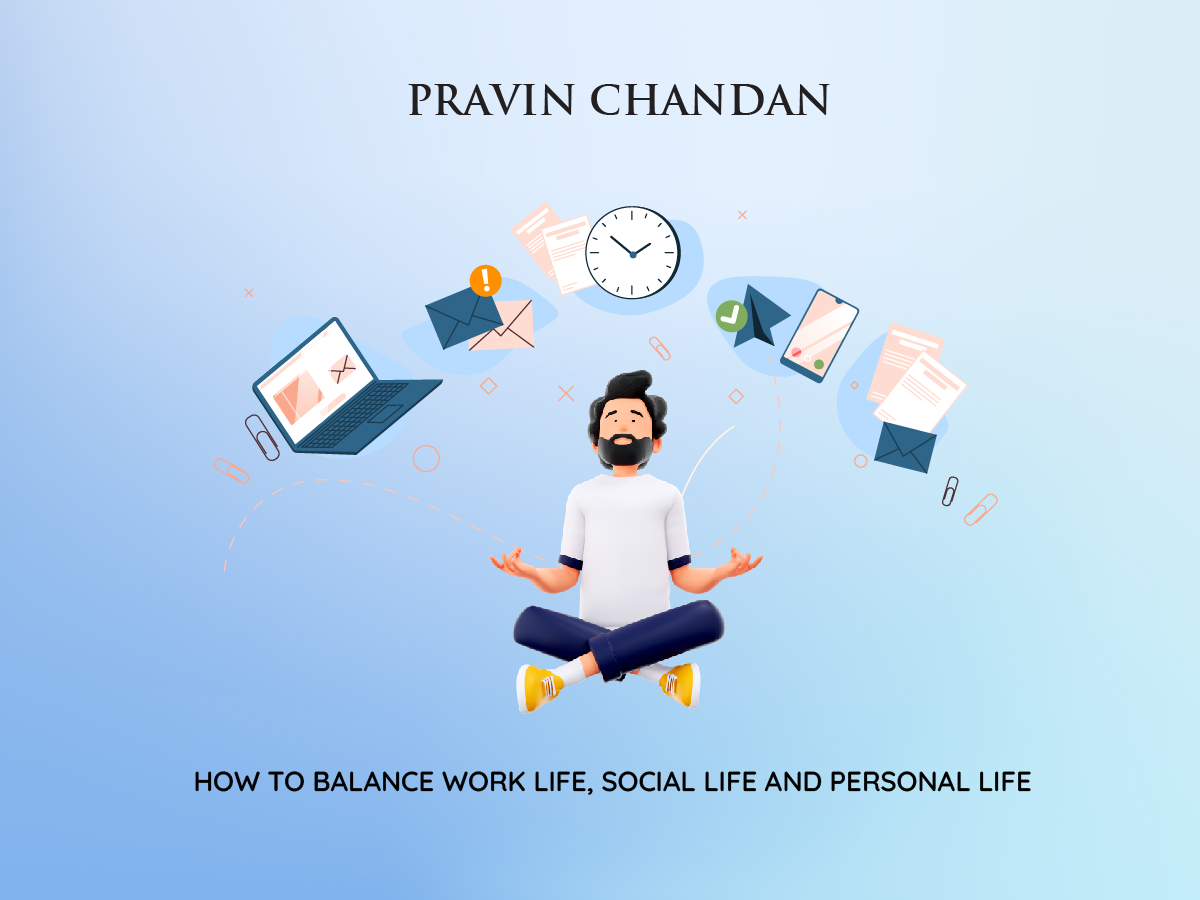
Did you know that a whopping 94% of working professionals reported working more than 50 hours per week and nearly half said they worked more than 65 hours per week in a Harvard Business School survey? These individuals further say they almost always respond within an hour of receiving a message from a colleague or a client.
Over the last few years, especially during the pandemic and the rise of the work-from-home culture, the fine line between work life and personal life has blurred. People are working overtime over the fear of losing their jobs, which has led to an increase in stress, burnout and overall mental unhappiness among employees across the globe. Which is why it is extremely important to prioritise a healthy work-life balance. For those wondering what this term means, work-life balance is the state of equilibrium where a person equally prioritises the demands of one's career and the demands of one's personal life. In order to achieve this, here are a few tips to follow:
Find a job that you love
Although working and sticking to a job is an expected societal norm, your career shouldn't be restraining you in any way. Remember, if you hate what you do, you aren’t going to be happy even outside of work. Having said that, you don’t need to love every aspect of your job, but it needs to be exciting enough that you don't dread getting out of bed every morning.
We recommend finding a job that you are passionate about that you would also perhaps consider doing for free. And, if your job is draining you, and you are finding it difficult to do the things you love outside of work, something is wrong and you need to fix it by either finding a new gig or speaking to your manager to make things easier.
Make health a priority
No matter how demanding your job is, ensure exercise is given as much priority as your clients and making money. A healthy body means a fresh mind, which means you will function better and complete tasks in less time.
Your overall physical, emotional and mental health should be your main concern. If you struggle with anxiety or depression and think therapy would benefit you, fit those sessions into your schedule, even if you have to leave work early or ditch your evening spin class. If you are battling a chronic illness, don't be afraid to call in sick on rough days. Overworking yourself prevents you from getting better, possibly causing you to take more days off in the future.
Find a hobby
Each one of us has a hobby that we have developed over time - be it reading, painting, photography, dancing, or collecting old stamps. A good work-life balance is not only limited to giving importance to work and family, but it is as much about giving importance to the things that one loves doing on a personal level. Having a hobby encourages an employee to take up some time for themselves, and no matter how old you are, keep at it. Having a hobby helps employees to make up time for themselves even amidst their tight schedule.
Take that holiday
Employees are often worried that taking time off will disrupt the workflow, and they will be met with a backlog of work when they return. This fear should not restrict you from taking a much-needed break. Make time for a holiday and book in breaks, at least quarterly. Even a long weekend every quarter is better than nothing but you need to switch off from your day-to-day routine occasionally.
Set boundaries
To avoid serious burnout, set boundaries for yourself. When you leave the office, avoid thinking about upcoming projects or answering company emails. Consider having a separate computer or phone for work, so you can shut it off when you clock out. If that isn't possible, use separate browsers, emails or filters for your work and personal platforms.
Even if you are working from home, it is important to determine when you will work and when you will stop working; otherwise, you might find yourself answering work-related emails late at night, during vacations or on weekends off, which isn’t ideal. Notify team members and your manager about boundaries beyond which you cannot be accessible because you are engaged in personal activities. This will help to ensure that they understand and respect your workplace limits and expectations.